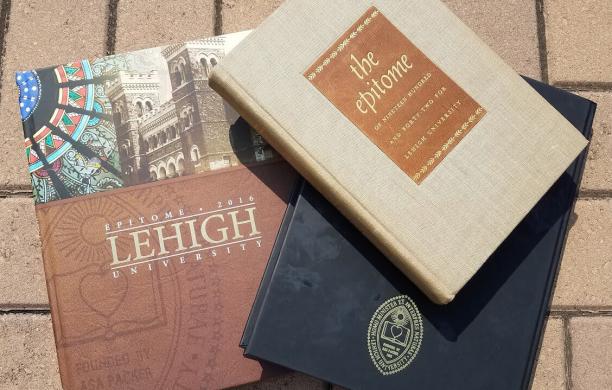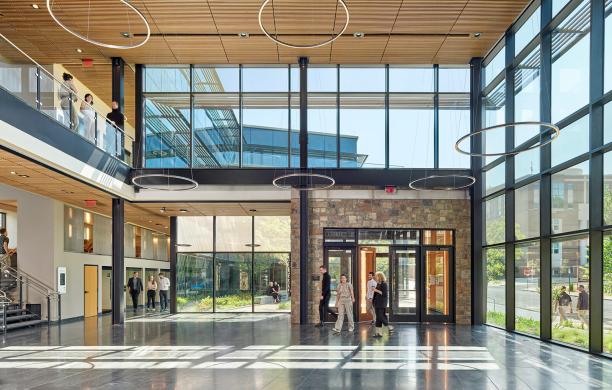Mike Gosse ’92G didn’t grow up hearing bedtime stories. Instead, his nightly routine centered on solving problems posed by his electrical engineer father. By age 11, the Connecticut native knew he wanted to earn a doctorate — a goal that eventually brought him to Lehigh.
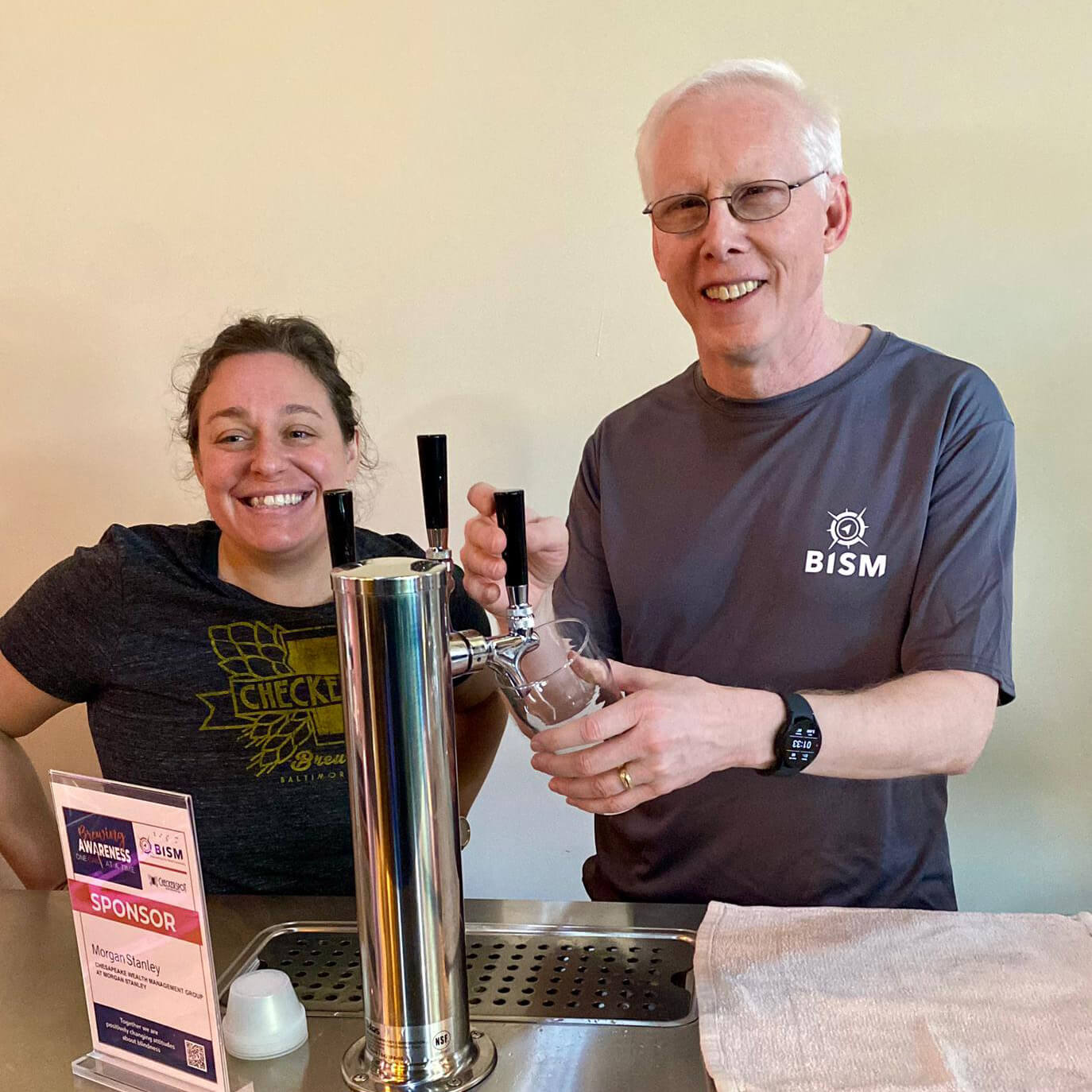
“I wanted to know and learn something that nobody else already knew,” he recalls. “I wanted to have this uniqueness to my knowledge set.”
For Gosse, who is legally blind, those nightly challenges encouraged him to think beyond his limitations. It’s the same encouragement he extends to the blind community as president of Blind Industries and Services of Maryland (BISM).
“Don’t let what you can’t do overshadow what you can do,” says Gosse.
That bedtime routine with his father gave Gosse a head start on identifying his strengths, putting him at the head of the class in high school electronics and later as an undergraduate at the University of Connecticut.
“In my first year at UConn, I was already up to the junior level in electrical engineering, so it made sense to follow that path,” Gosse says.
A focus on electromagnetics and microwaves combined with his interest in computers led him to the field of simulated circuits and systems. It also opened the door to writing computer software.
Sharing Lessons at Lehigh
As an undergraduate with a disability before the passage of the Americans with Disabilities Act, he remembers that some questioned his ability to take a chemistry lab class. The help of a teaching assistant solved the dilemma.
Gosse notes, with a bit of irony, that when he came to Lehigh to pursue his electrical engineering doctorate, he was a full-time teaching assistant in a lab. His visual impairment provided students an unintended lesson in problem-solving.
“When people called me over for help, they had to describe everything on their [lab] setup bench,” Gosse recalls. “Nine times out of ten, as they were describing it, they would say, ‘Oh, I see what the problem is.’ […] It broke the debugging process down for them and modeled the process for them to apply in the future on their own.”
While at Lehigh, Gosse served as president of the Connecticut chapter of the National Federation for the Blind (NFB), traveling home on weekends to lead the group. He learned about NFB after receiving a scholarship from the organization in the 1980s. Becoming involved gave him new perspectives.
“I didn’t really know there was a community of blind people before that,” Gosse notes.
He credits his work at NFB with developing leadership skills he uses today.
Impacting Lives
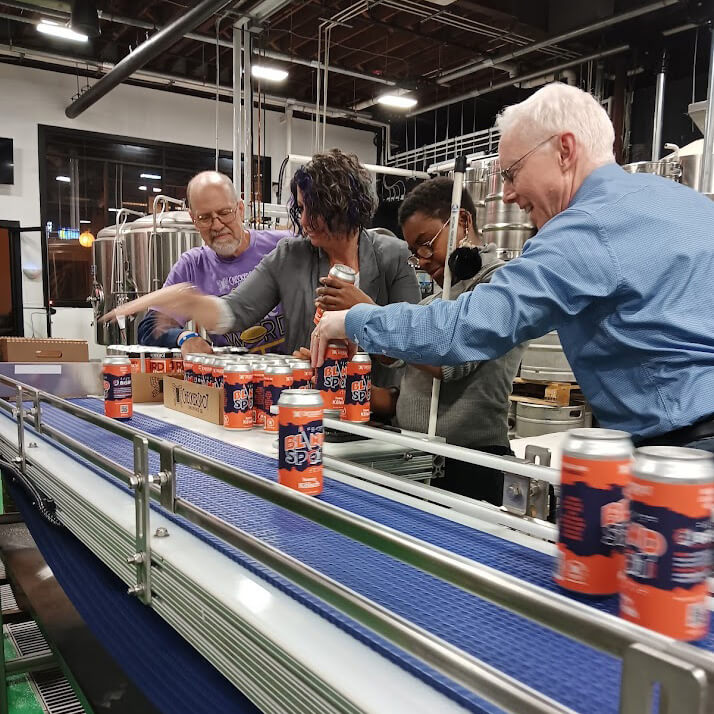
After Grosse earned his doctorate, Lehigh extended his teaching job until he found an employer willing to look beyond his disability and hire him. He landed a position with Atlantic Aerospace, writing simulation programs. He later started a company with friends focusing on high-end parallel computing work. But something was missing.
“The work I was doing was not impacting people’s lives. It was technically challenging, but it wasn’t fulfilling,” Gosse recalls.
Then he learned that NFB was looking for someone to improve its free Newsline audio news service for those who are blind, low-vision, deafblind, or otherwise print-disabled. It offers access to more than 500 publications, emergency weather alerts, job listings, and more.
“I thought, ‘Here’s a chance to make a difference and have a job,’” Gosse says.
Back then, the service used old dial-up computer technology. Gosse’s company, DataSpeech Computer Solutions Inc., transitioned it in 2001 to a system that can be accessed through a telephone, using a touchtone to navigate a database of publications like The New York Times, Wall Street Journal, and many more.
Empowering the Blind Community
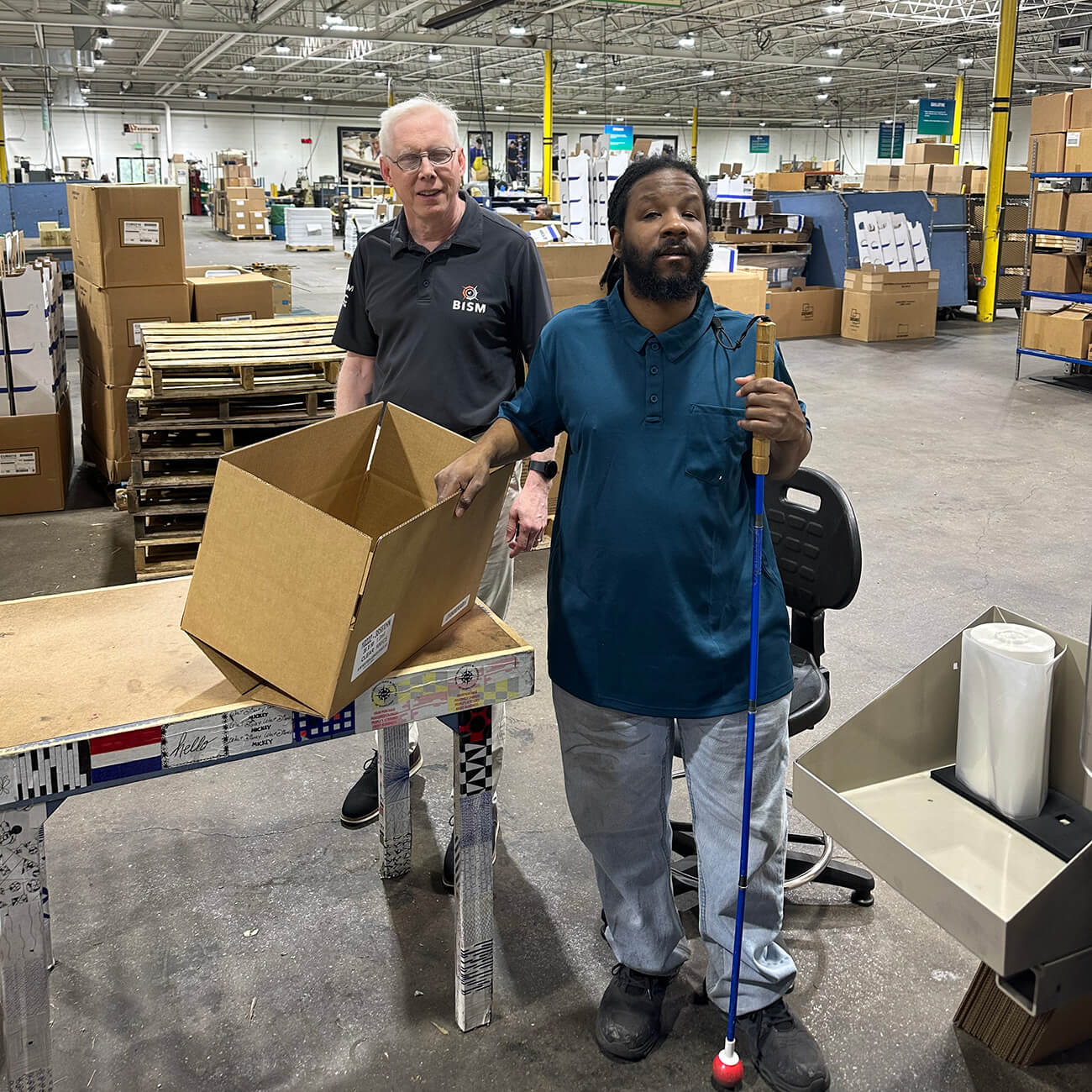
Gosse’s work at NFB led to his position at BISM. As a service provider in the blindness field, BISM is required to have four blind members on its board of trustees to help ensure it is serving its blind employee associates. Gosse was invited to fill one of those seats.
BISM’s then-president wanted to add members to his team who might step into senior leadership roles. Gosse joined the organization as director of accessibility and became BISM’s president in August 2022. He has maintained a role in NFB’s Newsline.
As BISM’s president, Gosse heads up an organization recognized as an international leader in providing career opportunities, innovative rehabilitation programs, and quality products, services, and resources for the blind and low-vision community.
It employs 480 associates — 35% of whom are blind — in 11 facilities in Maryland, Delaware, the District of Columbia, Kentucky, and North Carolina. They work in BISM’s manufacturing and retail operations, with the federal and Maryland state governments as the largest customers. The organization manufactures copy paper, legal pads, and cleaning chemicals used to make liquid soap and floor cleaning supplies. Associates also work in assembly, packaging, kitting, sewing, cutting, and embroidery. BISM is a major producer of military jackets.
Gosse emphasizes that one of his goals is for blind employees to know they have options.
“I don’t want people to think that the only place they can get a job is at organizations like BISM,” he states.
Another key part of BISM’s mission focuses on education and training programs. Its Independence Training and Rehabilitation Division offers comprehensive life-skills training for blind and low-vision youth, adults, and seniors. Participants master cooking, independent living, and solo travel, as well as technology skills.
Raising community awareness and acceptance of blindness, combatting misconceptions about visual disability, and promoting inclusivity are at the heart of BISM’s work.
“Everything we do is tied to providing opportunities for blind people to be successful and independent, giving them choices in their lives,” Gosse says.
Gosse’s work with Newsline is an example of developing assistive technology that meets a need for the disability community. Lehigh’s new Center for Community-Driven Assistive Technologies (CDAT) has a similar focus. CDAT brings together faculty, staff, and students from all five colleges of Lehigh University. The center’s interdisciplinary approach leverages community-based participatory research to identify needs. Its integrated approach provides an ideal platform to find solutions to various challenges faced by persons with disabilities and older adults.
Although its primary focus will be on developing technology, the center’s work may also inform public policy, advocacy efforts, and systems integration.
